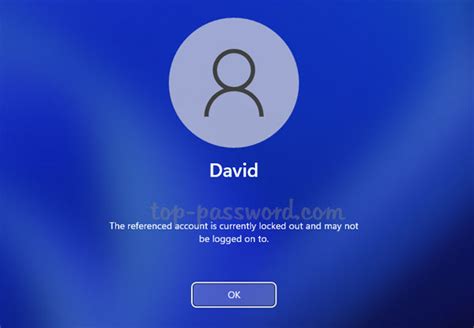The latest move by Microsoft to block a workaround that allowed Windows 11 users to create local accounts instead of mandatory online ones has ignited a firestorm in tech forums and among IT professionals. This action underscores a concerning trend of reduced user autonomy in favor of tighter corporate control and expanded data acquisition. The broader implications of this policy are both an invasion of privacy and a fundamental shift in the user experience, from a neutral operating system provider to a data-driven service aggregator.
For many end-users, the significance of being able to create a local account lies in autonomy and privacy. Local accounts allow users to operate their systems without linking their activities directly to a cloud entity managed by Microsoft. As one disgruntled user pointed out, the insistence on a Microsoft account during installation phases enforces unwanted connectivity while complicating setups on devices that might initially lack network drivers. The frustration is not just about added steps but a deeper issue regarding control over one’s technology and data.
Surprisingly, solutions still exist that enable bypassing this forced connectivity. As discussed by dgellow in popular tech forums, one can temporarily disable the internet connection, thus enabling a local installation of Windows 11. Yet, such workarounds are far from ideal, requiring technical know-how and patience. This leads many to echo dgellow’s sentiment: ‘Microsoft makes it pretty hard to like Windows,’ reflecting the broader disenchantment users feel when they are compelled to battle their software to gain the upper hand.
Interestingly, the debate extends beyond just the account requirement to other contentious features like Secure Boot. While some, like dtx1, hail it as a boon for security, others, like Am4TIfIsER0ppos, argue that it restricts user control over their hardware. The concept of Secure Boot, which is intended to boost system integrity, often clashes with the ethos of open computing. This dichotomy is expressed best in raxxorraxor’s assertion that the mechanism, though beneficial in some security contexts, primarily serves Microsoft’s commercial interests more than the actual security of the end-user.
The annoyance isn’t limited to account restrictions. Simiones commented on the dual nature of Microsoft’s strategy, where the consumer apps division is comparatively more open while the Windows division seems to double down on restrictive practices. Simiones also touched upon the European Union’s regulatory steps, suggesting that despite being cumbersome, they are necessary. This regulatory oversight enables a basic level of user protection against overreach by tech giants. Indeed, it’s a telling sign when users find solace in regulatory impositions rather than in the company’s policies themselves.
The economic underpinnings cannot be ignored. Users like alkonaut elucidate that the profitability narrative behind these invasive tactics is rooted in the ecosystem revenue model. From AppStore purchases to OneDrive subscriptions, Microsoft’s contemporary revenue streams are less about selling operating systems and more about keeping users entrenched in their digital services. This model stands in stark contrast to the straightforward sale of software licenses in previous decades.
There’s also a marked resistance to this evolving norm, with sentiments echoing across user comments about transitioning away from Windows toward alternatives like Linux or even macOS. Bishbosh’s remarks drive the point home about the growing ranks of users who are tired of the invasive telemetry and adware bundled with mainstream OS installations. The resilience of Linux, despite its historical driver and compatibility issues, is bolstered by user communities and devices tailored to open-source software configurations, such as the efforts by System76 and the Framework laptop.
In conclusion, Microsoft’s decision to blockade workarounds for local accounts in Windows 11 has stirred not just technical inconveniences but a broader debate about user freedom, privacy, and corporate overreach. As tech ecosystems evolve, it is increasingly clear that user preferences might diverge sharply from the profit-driven motives of major tech corporations. Whether regulatory bodies step in more decisively or user migrations accelerate to open-source platforms, the conversation about who controls digital experiences and data is far from over. The onus now lies on tech companies to balance their commercial pursuits with genuine respect for their user base’s autonomy and privacy.


Leave a Reply